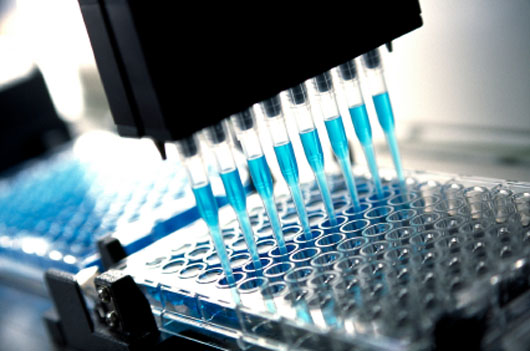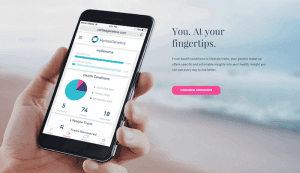Personal Genomics for Prophylaxis: Still a Long Way to Go

Personal Genomics is very common these days with thousands of people spitting and shipping back the kits ordered from the genetic testing firms where these samples are processed, analyzed and complete reports highlighting the findings are delivered to customers.
The field of genetic testing has undergone drastic changes, starting with the Human Genome Project that took more than a decade to sequence the whole human genome containing more than 3 billion base pairs and 20000 to 25000 genes at a cost of over $3 billion. The advent of cheaper gene sequencing machines has led to reduction in sequencing costs, encouraging various privately funded companies to offer genetic analysis packages to individuals. Since 2006, a lot of gene testing companies have set up shop and some of them have either closed down or have been acquired by bigger companies while the rest are still going strong.
Currently 23andMe, deCODE Genetics, Navigenics, Knome and Myriad Genetics are some of the prominent players in the industry that are employing different methods to provide gene testing services. Companies like 23andME, deCODE Genetics and Navigenics use SNP chips to query the genome sequence at many sites known to carry variations in humans while few like Knome follow the whole genome sequencing approach, reading every site in the euchromatic portion of the genome to obtain more comprehensive information.
Many companies provide gene testing services to patients only upon being referred to by a medical practitioner whereas few personal genomic firms like 23andMe follow direct to customer model offering similar services for as low as $99. With the costs being so low, many individuals are opting for these tests either for medical reasons or just out of curiosity, paving way for a huge debate in the medical community regarding the effect of such unsupervised test results and its implications.
Some argue that these affordable personal genetic testing empowers individuals with valuable information that can be used to take precautionary or preventive measures against any diseases or disorders they seem to be genetically susceptible to. But at the same time there is a question regarding the statistical significance of these test results and the effect or trauma these test results can bear upon customers when delivered without any professional counseling or guidance to help them understand better.
Companies like 23andMe justify their direct to customer testing model by citing a study that has not found negative emotional consequences from patients after learning about their BRCA1 mutation (a mutation that increases the likelihood of breast cancer). But with limited understanding of gene functions combined with low probability of disease manifestation even after being tested positive for such mutations makes one question the necessity of undergoing physiological and psychological trauma in the absence of any fool proof result.
The instance of Hollywood star Angelina Jolie going under the knife to get a preventative double mastectomy after discovering a mutated BRCA1 gene combined with the imperfect nature of these tests which are susceptible to false positives has got professionals worried. It is estimated that a tiny portion of female population actually have a faulty BRCA1/2 gene but the number of false positives are high and imperfect medical information may lead to unnecessary medical procedures taxing individuals mentally and physically while effecting the medical system.
Following Angelina Jolie’s lead, a British businessman got his prostate gland removed on finding himself to be a carrier of BRCA2 gene after taking part in a genetic trial at the Institute of Cancer Research in London. The current levels of understanding and efficiency of genetic tests leaves a lot to be desired for and it is essential to have more accurate and predictive tests for efficient prophylaxis.




